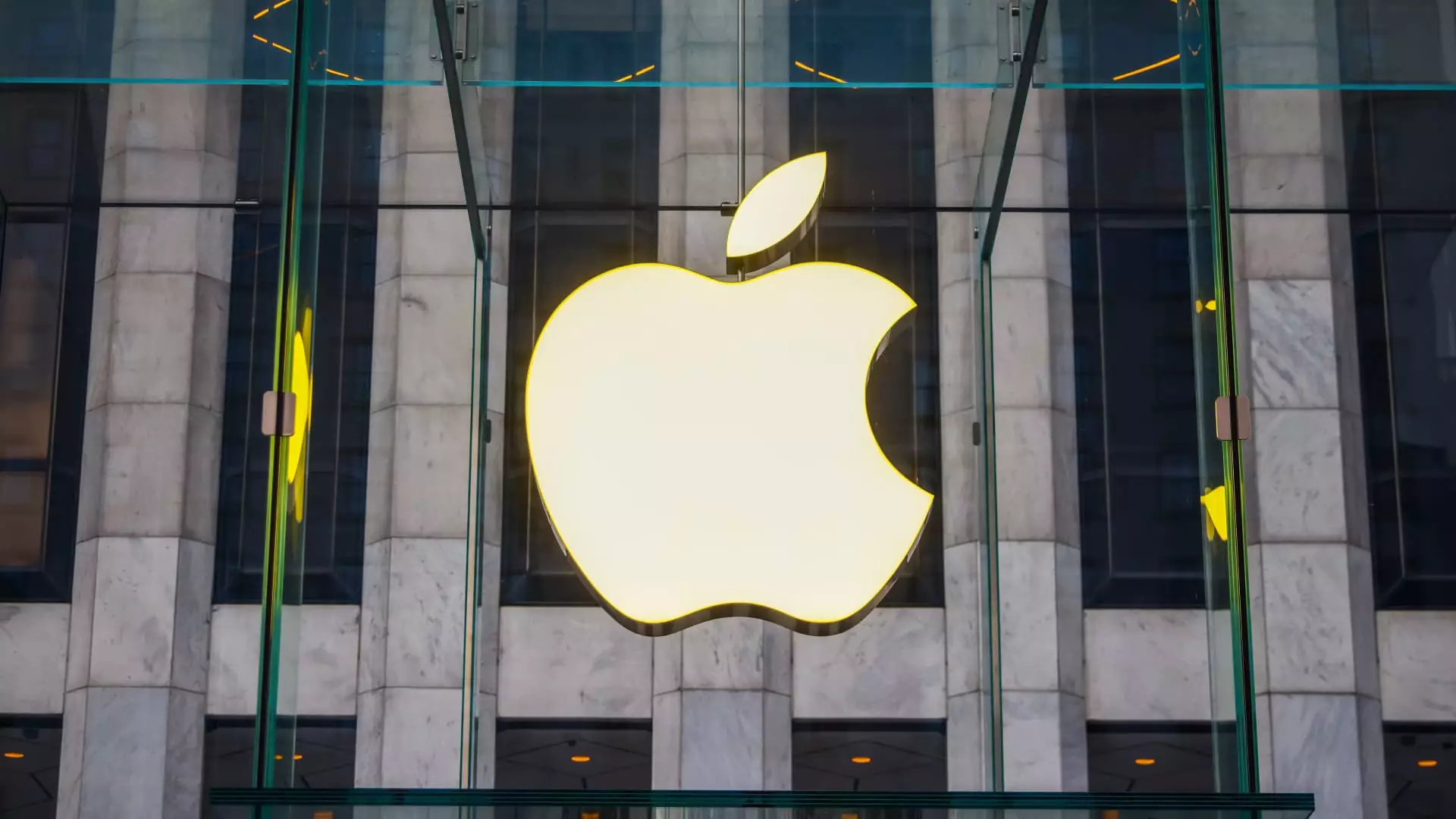Apple Inc. has long been a titan in the technology sector, renowned for its innovative products and loyal consumer base. However, recent developments involving one of its most significant shareholders, Berkshire Hathaway, have stirred discussions among investors and market analysts alike. According to Berkshire Hathaway’s latest earnings report, the company led by Warren Buffett has notably reduced its stake in Apple by about 25% during the third quarter. This article aims to analyze the implications of Berkshire’s decision, the market’s reaction, and what it might mean for the future of Apple.
Berkshire Hathaway’s decision to trim its Apple holdings raises eyebrows but could be seen as a strategic maneuver rather than a sign of a faltering investment. The conglomerate still holds approximately $69.9 billion worth of Apple shares, ensuring that it remains Apple’s largest shareholder despite the reduction. Such movements are not uncommon for investment firms. Buffett’s strategy often involves realizing profits after substantial gains, especially in a stock that has seen unprecedented peaks—like Apple’s share price hitting over $236 just weeks prior.
Berkshire’s actions also reflect a broader strategy of balancing its portfolio, as evidenced by the simultaneous reduction in its stake in Bank of America. At this juncture, the company’s cash reserves surpass the $300 billion mark, suggesting that it is positioning itself favorably amidst potential market fluctuations. This level of liquidity could enable Berkshire to capitalize on future investment opportunities, maintaining its philosophy of buying undervalued assets while managing its holdings in established giants like Apple.
Following Berkshire’s announcement of its share reduction, Apple stock experienced a minor dip of 1%—a relatively subdued response in the larger context of a mixed market. This muted reaction underscores the generally resilient nature of Apple stock and investor confidence. At the time of writing, Apple shares had faced challenges with a 5.5% decline from their record high shortly before earnings, emphasizing the volatility that can often accompany headlines surrounding large institutional investors.
Analysts have mixed sentiments regarding Apple’s performance. While Loop Capital’s adjustment of Apple’s price target to $275 from $300 suggests a cautious outlook, the figure still indicates a 24% potential upside. Conversely, positive indicators highlight Apple’s impressive operating margins, reaching decade highs, and an uptick in App Store revenues and app downloads in October, emphasizing the company’s steady performance fundamentals despite external pressures.
Challenges and Opportunities Ahead
The narrative surrounding Apple is multifaceted, influenced by various market dynamics and investor sentiment. The company’s ability to navigate changes, such as shifts in consumer behavior or regulatory pressures, will be crucial in maintaining its growth trajectory. The recent earning reports, which exceeded expectations in both revenue and earnings per share, signal that Apple continues to innovate and hold its ground in a competitive landscape.
Moreover, Jim Cramer’s advice for investors to focus on the fundamentals rather than short-term headlines highlights a crucial point for long-term investment success. His mantra of “own it, don’t trade it” resonates with the strategy that patience is often rewarded in the stock market. Cramer also emphasizes the importance of understanding the motivations behind large-scale share sales, suggesting that Buffett’s actions are more about profit-taking rather than a loss of confidence in Apple’s long-term prospects.
As the market processes Berkshire Hathaway’s recent reduction in Apple shares, one thing remains clear: Apple is navigating through a complex economic environment filled with both challenges and opportunities. While short-term fluctuations may cause concern, fundamental indicators suggest the company’s resilience remains strong. Additionally, the strategic insights of investors like Warren Buffett remind stakeholders to keep an eye on the longer-term vision. Apple’s ability to adapt to changing market conditions will ultimately determine its standing as one of the most valuable corporations in the world for years to come.

